
“Management International“ is the new English-taught Master's degree programme that the Faculty of Business Management and Economics is launching in the winter semester 2024/25. Applications are open now.
more
“Management International“ is the new English-taught Master's degree programme that the Faculty of Business Management and Economics is launching in the winter semester 2024/25. Applications are open now.
more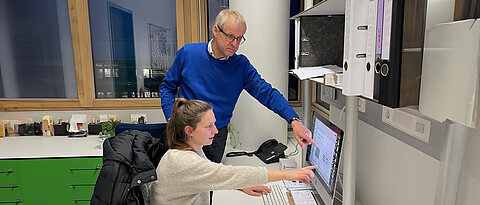
Cancer is one of the most common causes of death in children worldwide. A research team in which the University of Würzburg is involved wants to change this – and has now received substantial funding for its work.
more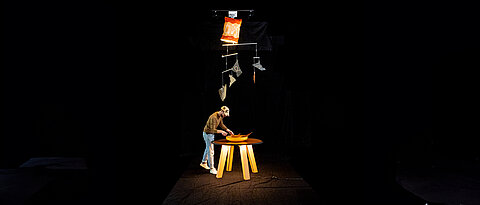
Germany's first escape room on quantum physics will be open to the public at the SPIN2030 Science Festival in Dresden on 8 and 9 March. It is based on the work of the Dresden-Würzburg Cluster of Excellence ct.qmat.
more
On the night of March 4-5, 2024, the University of Würzburg's SONATE-2 nanosatellite was successfully launched into space. It will test new hardware and software technologies for artificial intelligence.
more
Breakthrough in materials research: A team from the Würzburg-Dresden Cluster of Excellence ct.qmat has developed an innovative protective film for 2D quantum materials that could play a key role in shaping the future of electronics.
more
The batteries of the future must be both powerful and sustainable. A new joint project, coordinated by the University of Würzburg, aims to make sodium-ion batteries ready to fulfill for these requirements.
more
Empathy can be transferred. This means that people can acquire or lose empathy by observing their environment. This is shown by a new study by Würzburg neuroscientist Grit Hein.
more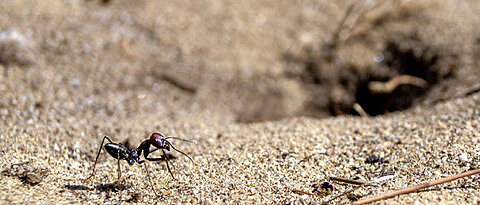
Desert ants find their way during an early learning phase with the help of the Earth's magnetic field. The associated learning process leaves clear traces in their nervous system. This is shown in a new study by a Würzburg research team.
more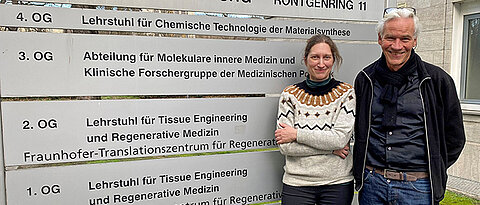
Treating knee joint defects with cartilage from the nose: The University Hospital in Würzburg is working on the approval of this procedure. They received funding of 2.3 million euros for this purpose.
more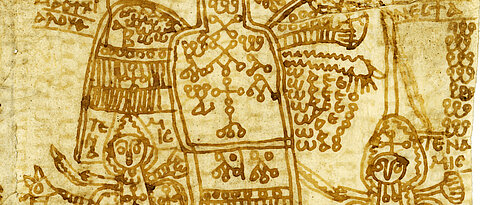
Magical texts from Egypt in Coptic script and language are the focus of a research project at the University of Würzburg. They are now being presented for the first time in a 600-page book.
more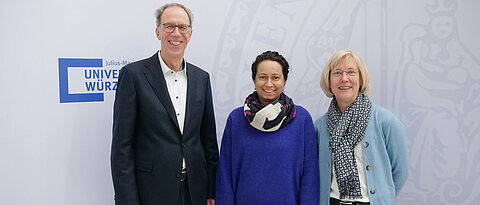
One step further: One JMU research project on nucleic acid research and technologies has qualified for the next round in the competition for the prestigious research grant.
more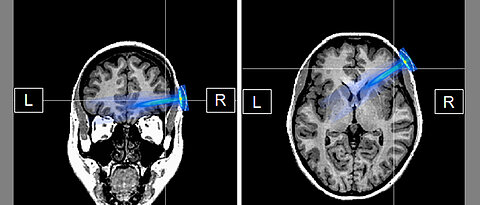
Psychologists at the University of Würzburg have investigated the extent to which neuromodulation of the brain with ultrasound waves influences people's behavior. The results can also be used as a basis for therapeutic purposes.
more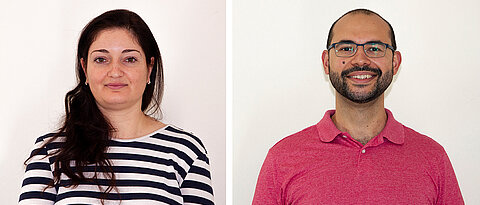
A precursor of cholesterol, previously categorised as harmful, can protect cancer cells from cell death. This finding, published in Nature, opens new doors for cancer research.
more
Democracy and the rule of law are the cornerstones of academic freedom in Germany. JMU therefore supports the recent statement by the Executive Board of the German Rectors' Conference (HRK).
more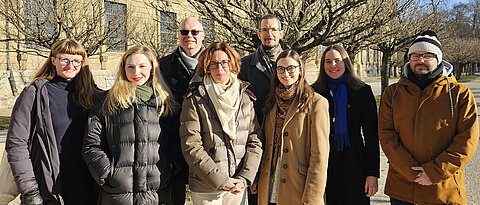
How did local people get organized in the ancient world? This is the subject of a new research project at the University of Würzburg involving Theology, Philology and History.
more